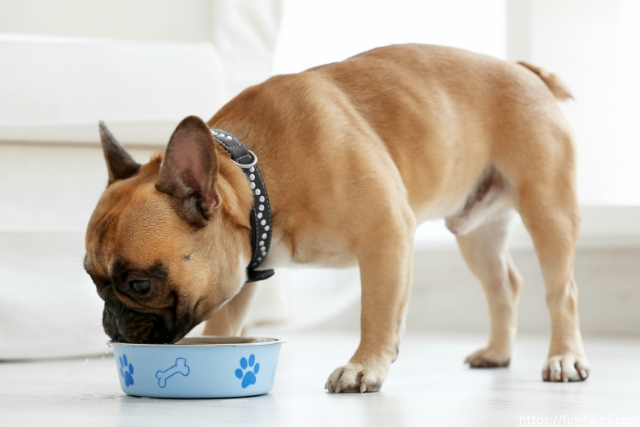
The Importance of Probiotics for Pet Health
Pet owners are always looking for ways to improve their furry friends’ well-being, and one area gaining increasing attention is gut health. Probiotics, the beneficial bacteria that support digestive and immune function, play a crucial role in maintaining overall pet health. But how exactly do probiotics benefit pets, and should they be a regular part of their diet? Let’s dive into the importance of probiotics for pet health.
What Are Probiotics?
Probiotics are live microorganisms, primarily bacteria and yeasts, that offer health benefits when consumed in adequate amounts. They help maintain a balanced gut microbiome, which is essential for digestion, nutrient absorption, and immune function.
Benefits of Probiotics for Pets
1. Improved Digestion
Probiotics help regulate digestion by balancing gut bacteria, preventing issues like diarrhea, constipation, and bloating. They can be especially beneficial for pets with sensitive stomachs or those prone to digestive disorders.
2. Strengthened Immune System
A significant portion of a pet’s immune system resides in the gut. By promoting a healthy microbiome, probiotics support immune function, helping pets fight off infections and reducing inflammation.
3. Relief from Gastrointestinal Issues
Pets suffering from irritable bowel syndrome (IBS), inflammatory bowel disease (IBD), or food sensitivities can benefit from probiotics, as they help reduce symptoms like vomiting, diarrhea, and excessive gas.
4. Support During Antibiotic Treatment
Antibiotics kill both harmful and beneficial bacteria, which can disrupt the gut flora and lead to digestive upset. Probiotics help restore the balance of good bacteria and prevent antibiotic-associated diarrhea.
5. Reduced Allergies and Skin Conditions
An imbalanced gut can contribute to allergies and skin problems. Probiotics may help reduce allergic reactions, itching, and inflammation by supporting gut health and immune responses.
6. Better Nutrient Absorption
A healthy gut microbiome enhances the absorption of essential nutrients, ensuring pets get the most out of their diet. This can be particularly beneficial for older pets or those with underlying health conditions.
7. Improved Mood and Behavior
The gut-brain connection plays a role in mood regulation. Probiotics may help reduce anxiety and stress-related behaviors in pets by promoting a balanced microbiome.
Sources of Probiotics for Pets
1. Probiotic Supplements
Commercial probiotic supplements come in various forms, including powders, capsules, and chews. Look for pet-specific formulas containing strains like Lactobacillus and Bifidobacterium.
2. Probiotic-Enriched Pet Foods
Some pet foods contain added probiotics, making it easy to incorporate them into a pet’s diet.
3. Natural Sources
Certain foods, such as plain yogurt, kefir, and fermented vegetables (in small amounts), can provide natural probiotics. Always check with a veterinarian before introducing new foods.
How to Choose the Right Probiotic for Your Pet
- Look for pet-specific probiotics formulated to withstand stomach acid and reach the intestines.
- Check the CFU (colony-forming units)—higher CFU counts indicate a stronger probiotic.
- Choose a product with multiple strains for broader benefits.
- Consult your veterinarian before starting any probiotic regimen, especially if your pet has health conditions.
